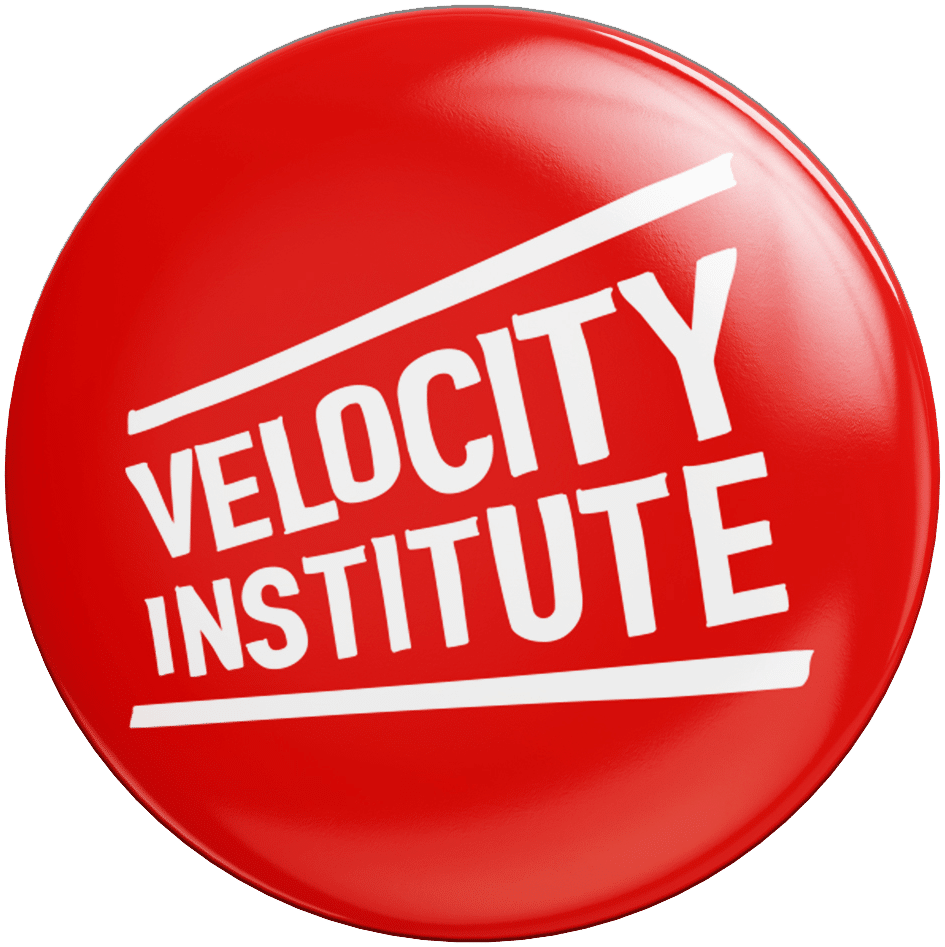Walmart is looking to Retail Brands (Private Brands) as a key area for making progress on its ambitious sustainability goals.
That was the take from two executives who spoke at the Velocity Institute (RBI) Sustainability Summit and answered follow-up questions from RBI President Christopher Durham. The executives outlined Walmart’s initiatives and the impacts on Private Brands.
“Private Brands are integral to every pillar on our path to becoming a regenerative retailer,” said Sarah Paskell, Senior Director, Private Brands, Packaging Design and Sustainability.
Walmart’s Sustainability Journey
The executives shared highlights from a sustainability journey that spans more than 15 years. In 2005 Walmart “cemented” its commitment to sustainability and set ambitious goals. In 2009 it developed an index for sustainable products. In 2016 it set a broader vision that ties into Walmart’s role in society, and in 2017 it unveiled Project Gigaton, which engages suppliers in climate action, along with NGOs and other stakeholders.
Most recently, in 2020, Walmart committed to becoming a “regenerative” company and announced new climate and nature goals.
Private Brands Central to Goals
Private Brands play key roles across Walmart’s sustainability plans, including for its commitment to regeneration. The executive relayed examples of initiatives that impact areas such as climate, nature, waste and people.
- Partnering with suppliers to help drive efforts to reduce greenhouse gas emissions.
- Sourcing some 20 key commodities more sustainably by 2025 — including tuna, palm oil, and coffee.
- Working with suppliers to increase traceability within Private Brands all the way back to the coffee farmers at origin.
- Following through on a 2021 commitment to begin purchasing Pacific Island tuna in Private Brand, geared to delivering industry-leading environmental, labor and traceability standards.
- Making progress on packaging and waste goals in Private Brands, including 100% recyclable, reusable or industrially compostable packaging by 2025.
Embracing a Regenerative Future
The Walmart speakers said a regenerative future will enable sustainability of natural resources, economic growth for producers, safer and healthier products for communities, access to food in times of need and safe jobs for workers.
“In Private Brands, we are committed to driving towards a regenerative future,” emphasized Cheryl Lam, Walmart’s Sustainability Packaging Leader, Private Brands. “We are embedding sustainability and the circular economy as part of our everyday focus.”
Walmart is aiming to partner with supplier’s to make progress on these goals, the executives added.
“We can’t do this alone,” said Lam. “We definitely need help. We want to pilot innovative solutions and reduce our plastic footprint. We are willing to vet innovation.”
Related Incites
2025 EVENTS
TICKETS, SPONSORSHIPS & EXPO BOOTHS NOW AVAILABLE







